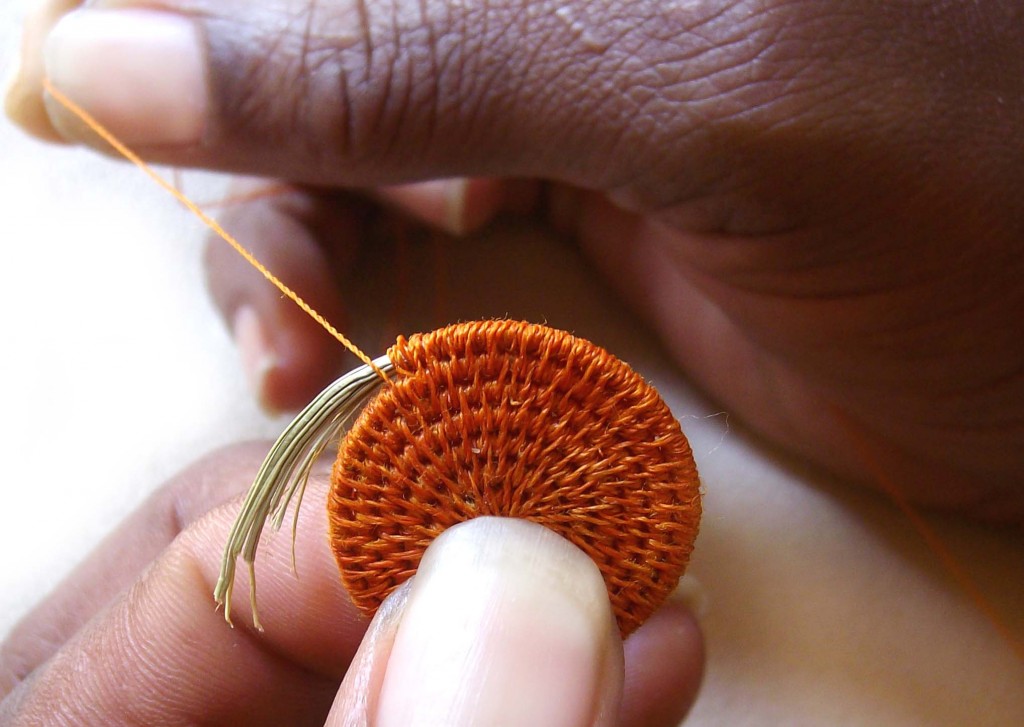When Rwanda suffered its inimitable ethnic fighting, the result was not simply war. It was genocide. In 100 days, the country saw 500,000 people killed. Bertrand Russel called it, “The most horrible and systematic human massacre we have had occasion to witness since the extermination of the Jews by the Nazis.”
The images of death from that period are searing. So is the legacy the country continues to battle as it tries to reconstruct, train its youth and equip them for a different future. The population averages US$1.57 per day. Good employment, and the training that enables it, are therefore critical.
A simple gift of tools can help. There are training centres in the country helping young people master employable skills. The equipment they need, however, may be beyond their reach.
Knowing the depth of need in many communities, Ian Wells (pictured), one of Crossroads’ long term community volunteers, offered a huge set of tools on Global Hand, our match-making website. They were snapped up by a Rwandan carpentry centre.

With drills, saws, vices, chisels, hammers, screwdrivers and more – a treasure trove for this impoverished area – the donation was collected from the UK and shipped to Rwanda.
“Rwanda is clinically dead as a nation,” said Nigerian Nobel Laureate, Wole Soyinka, at the time of the genocide. As better quality employment opportunities open up, this country is, increasingly, able to give the next generation a greater chance at life.

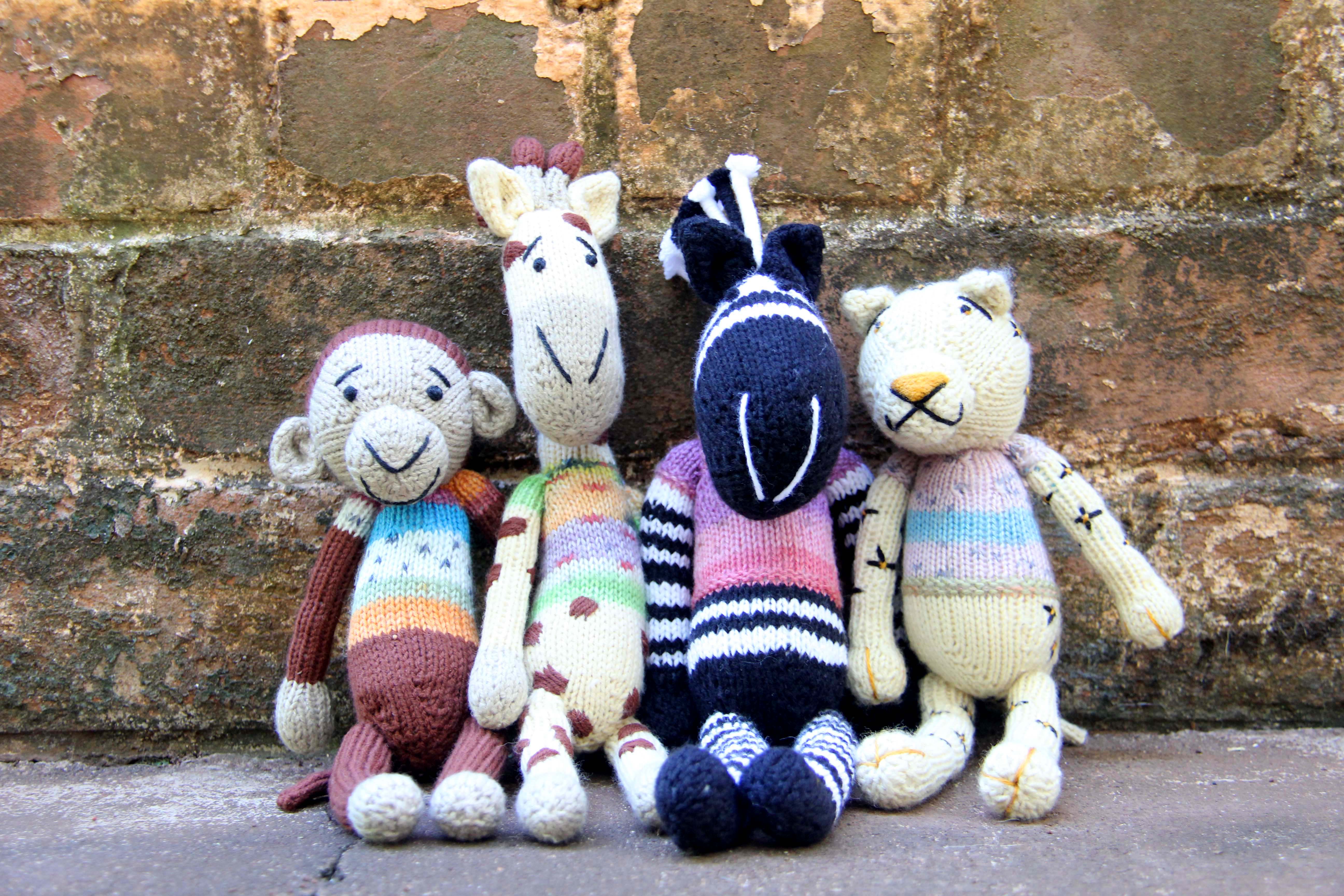
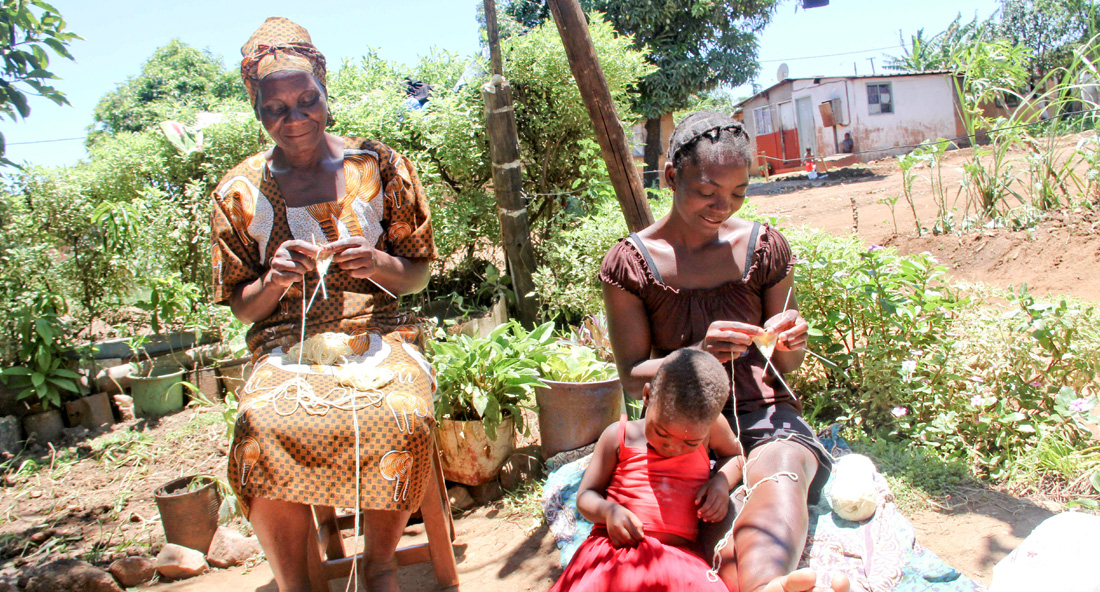

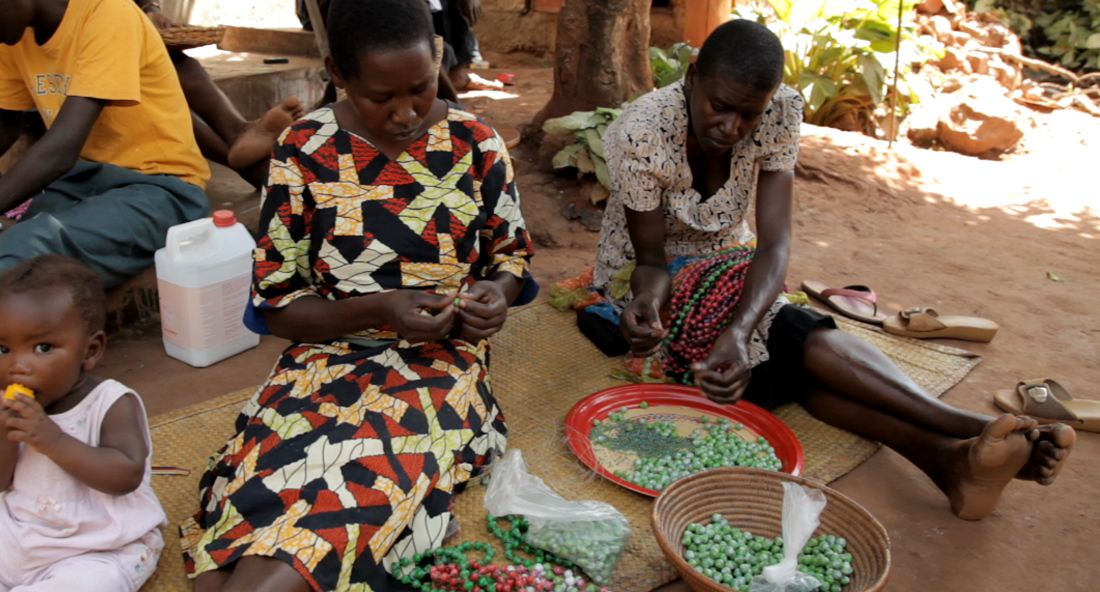
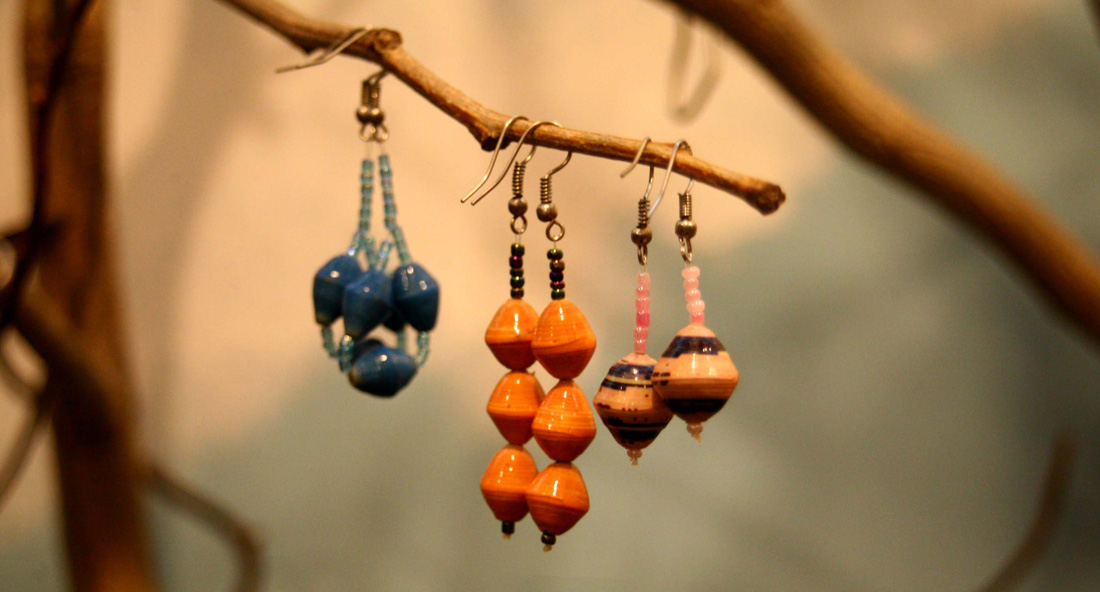

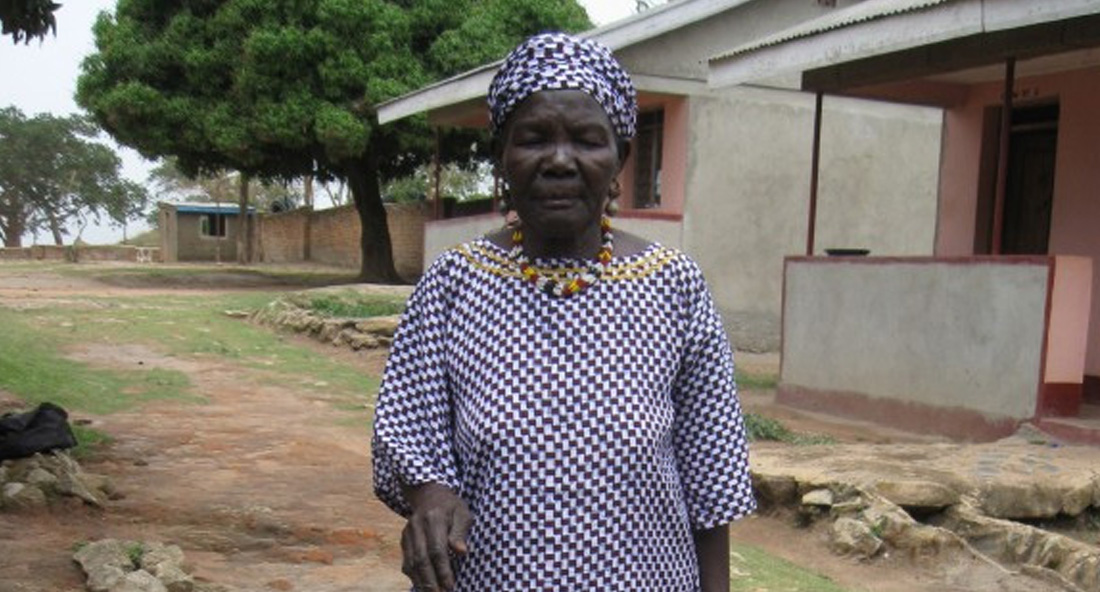
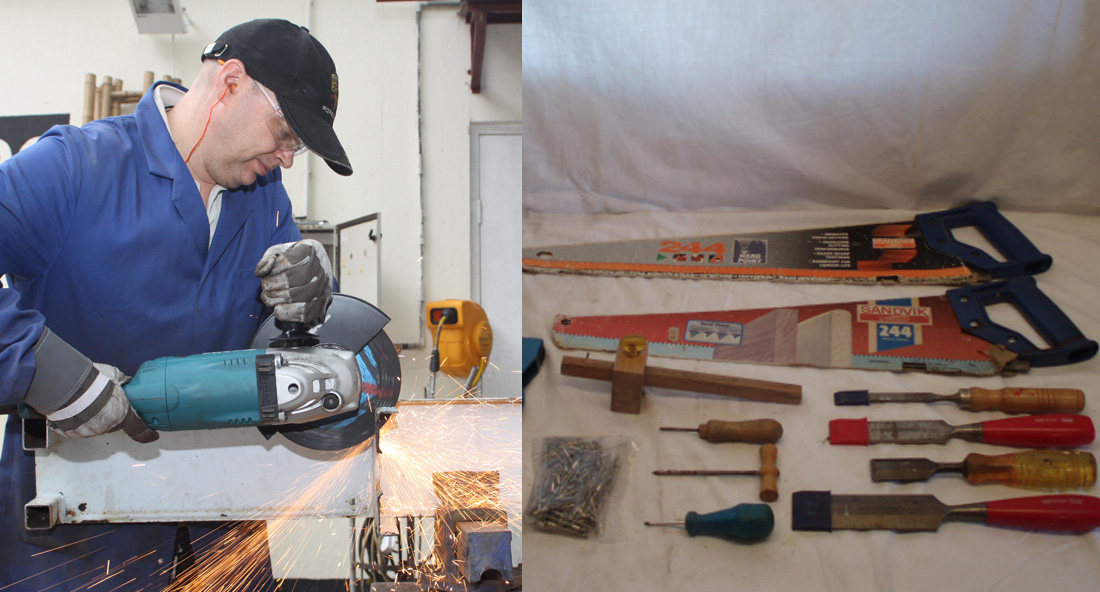
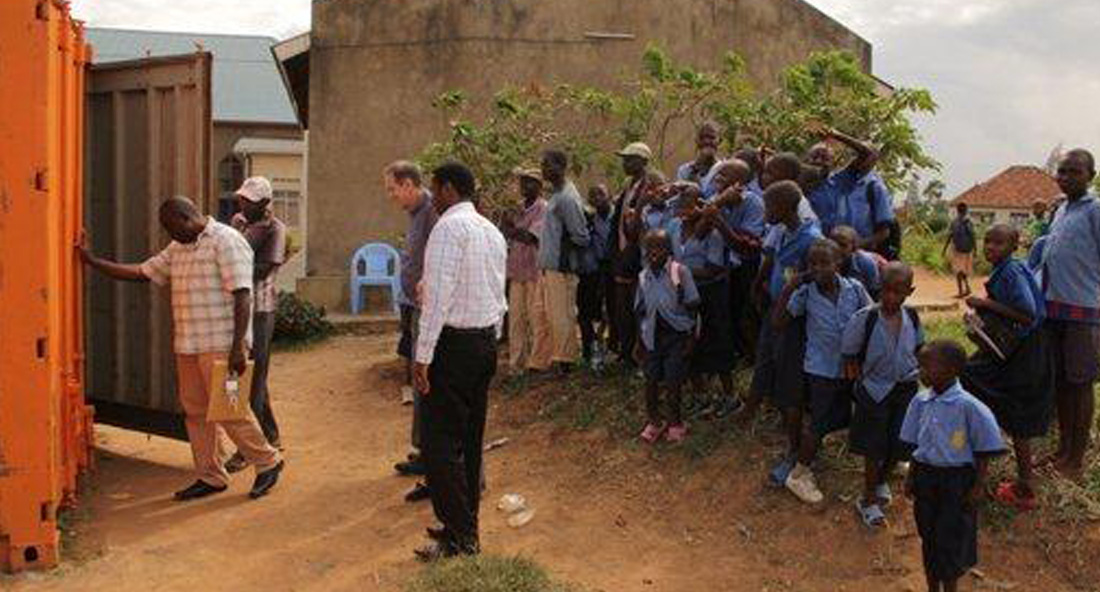
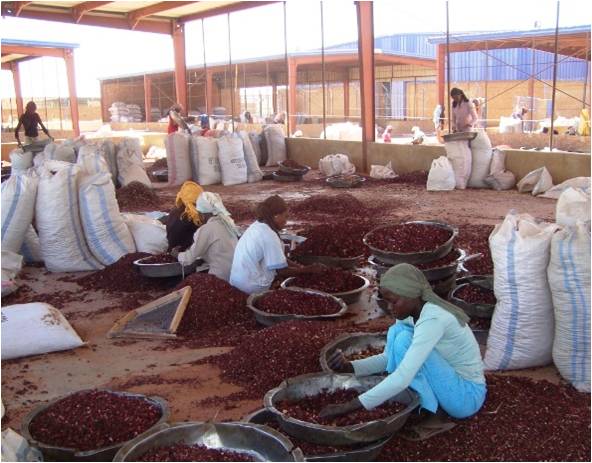 It was a situation calling out for a Fair Trade overhaul.
It was a situation calling out for a Fair Trade overhaul.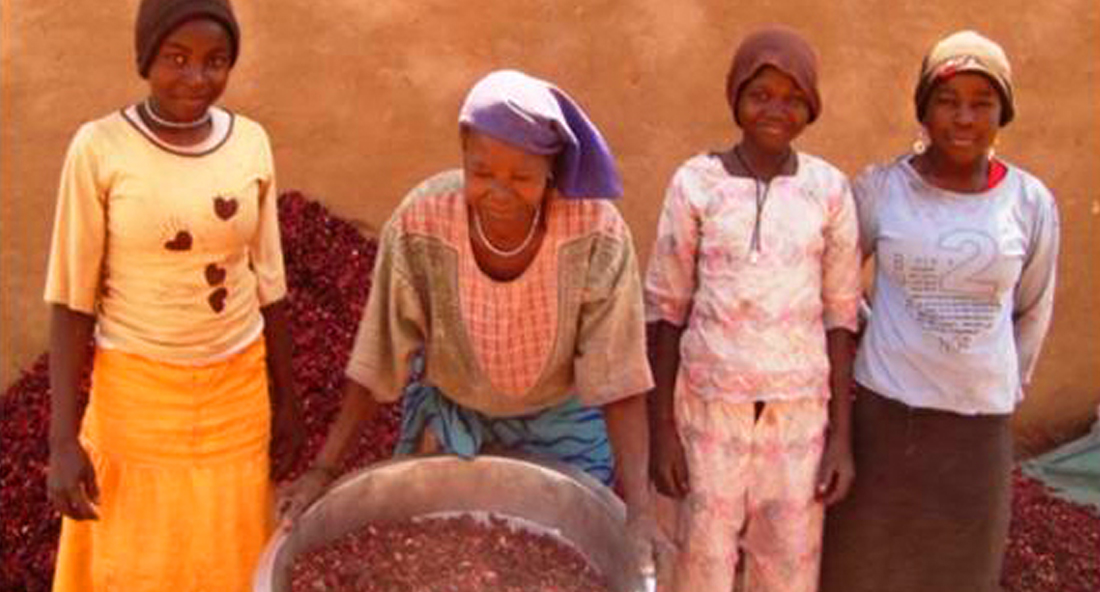
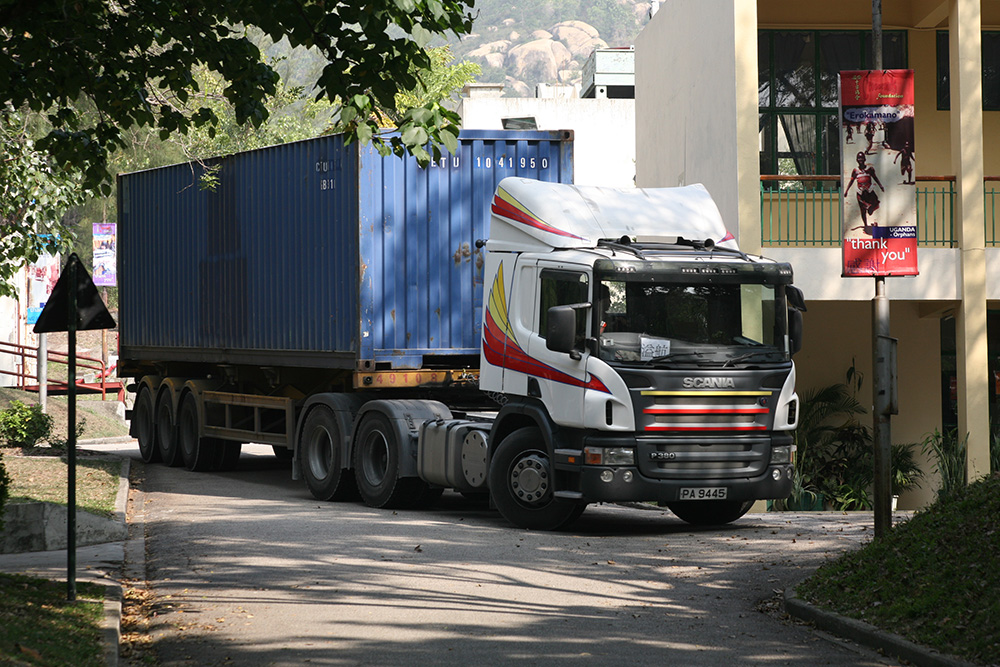
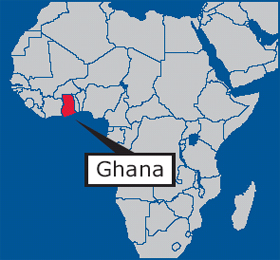
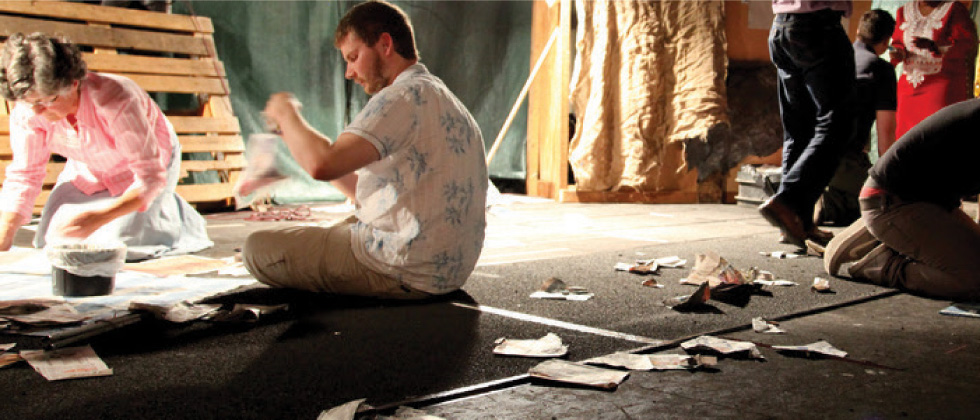
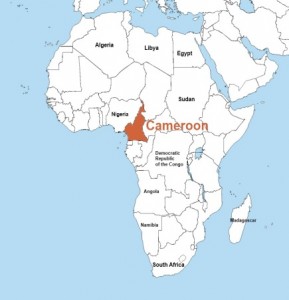
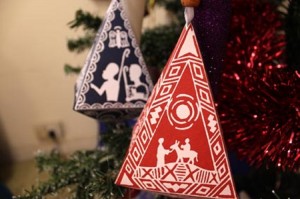 The Sudanese Civil War killed more civilians than any other conflict since World War 2. Two million Sudanese people died – an incredible 20% of the population – from war or the disease and famine it caused.
The Sudanese Civil War killed more civilians than any other conflict since World War 2. Two million Sudanese people died – an incredible 20% of the population – from war or the disease and famine it caused.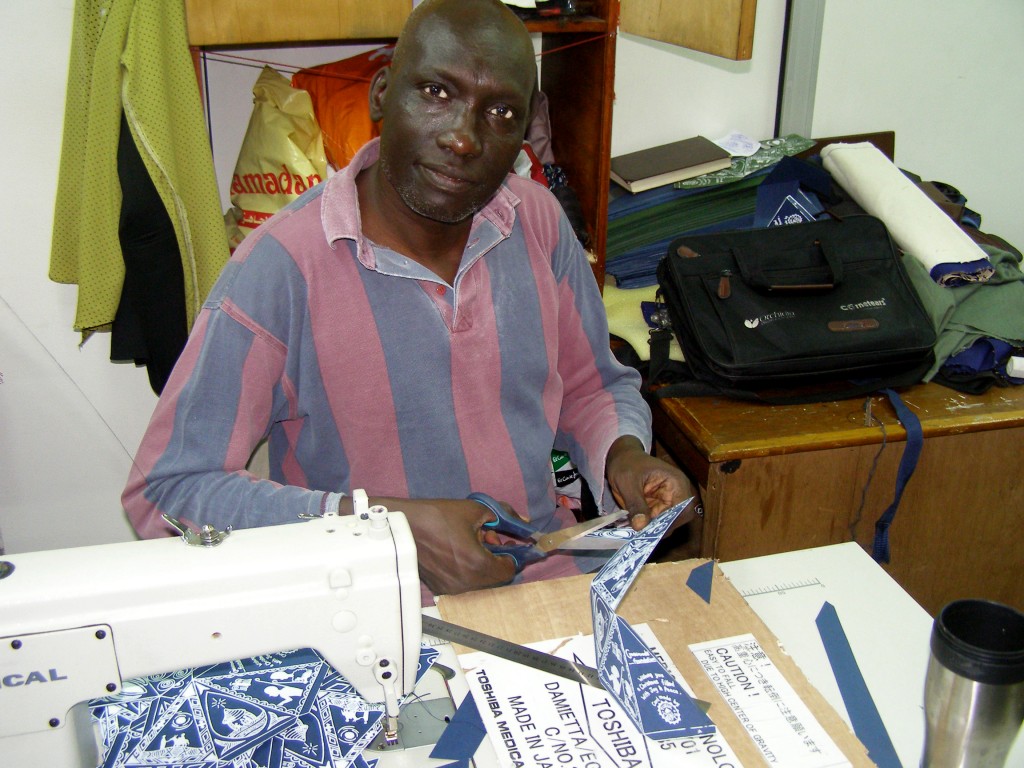
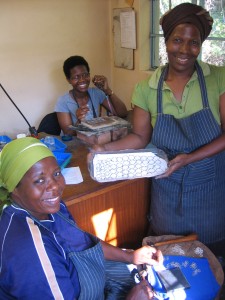 When Elsabet joined the Tintsaba workshop in Swaziland, it changed her life. “If I couldn’t work for Tintsaba, I think I would die,” she says.
When Elsabet joined the Tintsaba workshop in Swaziland, it changed her life. “If I couldn’t work for Tintsaba, I think I would die,” she says.